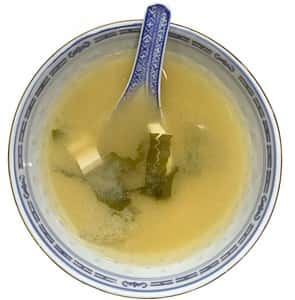
Japanese researchers have found that people who eat high sodium diets are more susceptible to developing high blood pressure. They followed more than 4,500 healthy adults for nearly four years.
The Consequences of High Sodium Diets:
The data from annual checkups included urinary sodium excretion, which provides a good assessment of sodium consumption. Japanese diets are higher in sodium, on average, than American diets.
The people who developed high blood pressure were consuming about 4,500 mg of sodium a day. Those who ended up with a diagnosis of hypertension (pressure of 140/90 or higher) were getting more sodium in their diets when the study started and they also increased their intake of salty foods. They were 25% more likely to develop elevated blood pressure than people consuming much less sodium.
How Much Sodium Do Americans Consume?
The average American is getting roughly 3,600 mg of sodium daily. We have been warned repeatedly about the hazards of high sodium diets, and the American Heart Association recommends dropping sodium intake to 1,500 mg per day. That is way less than the Japanese public health authorities recommend.
Take Home Message about High Sodium Diets
Let’s try to put this research into perspective for an American audience. Japanese people consume substantially more sodium than average Americans, yet they live substantially longer (life expectancy in the U.S. averages 78.84 years vs. 83.33 years in Japan). Obesity in the U.S. is 33% vs 5% in Japan. In terms of coronary heart disease, the World Health Organization ranks Japan 190th, one of the world’s lowest rates of heart disease. The U.S. ranks 135th, way higher than Japan when it comes to coronary heart disease.
We are not suggesting that Americans should increase their salt intake, but we are not convinced that the severe sodium restrictions recommended by the American Heart Association are healthy.
If you would like to read more about the dangers of a very low salt diet, here is a link to an article titled “Salt Is Not the Killer the CDC Thinks.”
If you would like to read the new research, here is a link to the Japanese study:
Journal of the American Heart Association, online July 29, 2015

